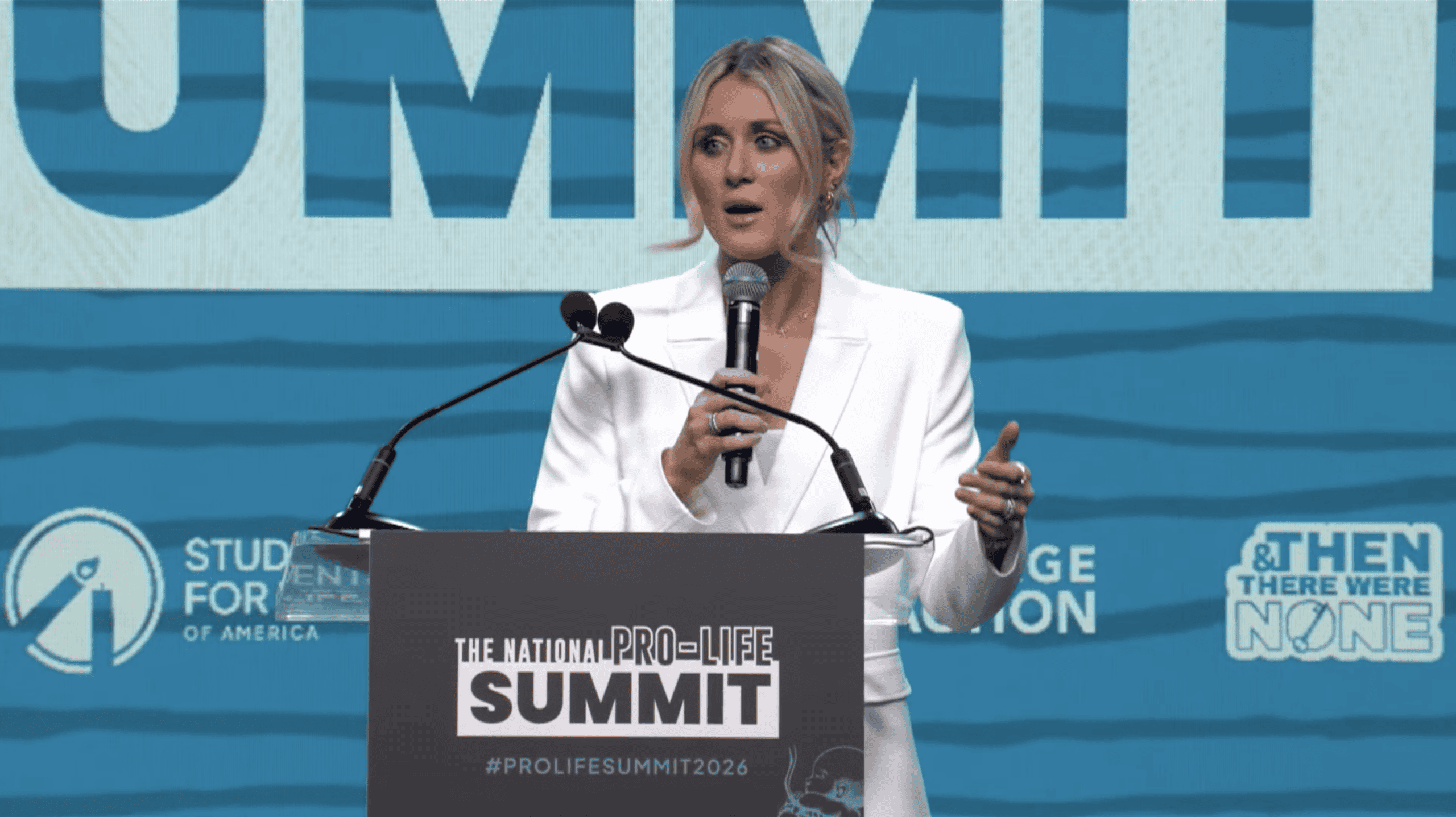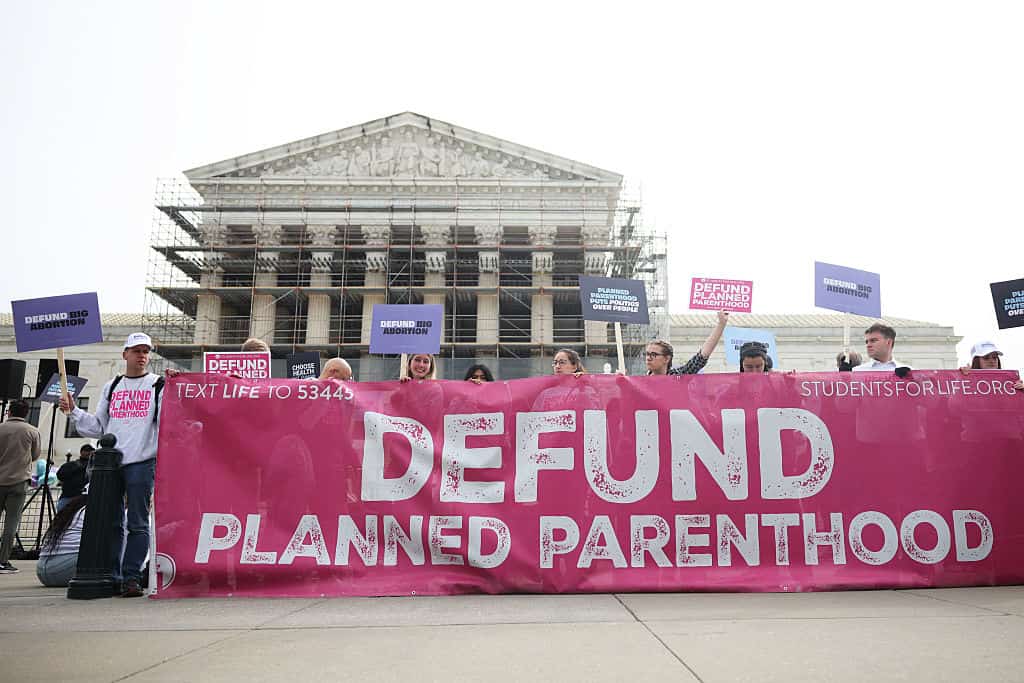When the Social Media Mob Takes on a Multi-Billion Dollar Company

For YouTube, the world’s largest video platform, last week was certainly interesting and illuminating. It all started when Carlos Maza, Vox journalist/activist, began to attack conservative comedian Steven Crowder and demanded that YouTube remove him from the platform for harassment. What followed was censorship, chaos and confusion as YouTube struggled to define and implement its own anti-harassment policy.
It all started when gay identified Carlos Maza of Vox complained to YouTube his belief that Steven Crowder and his followers were targeting him because of his sexual orientation. Maza’s reasoning is that over about a two-year timespan, Crowder had taken a couple of Maza’s Vox videos and deconstructed his progressive arguments. YouTube investigated Maza’s complaints and found in Crowder’s favor saying, “Our teams spent the last few days conducting an in-depth review of the videos flagged to us, and while we found language that was clearly hurtful, the videos as posted don’t violate our policies.” For Maza, that just couldn’t stand.
Quickly Maza mustered up a social media campaign to pressure YouTube to reverse their decision under the pretense that if they didn’t remove Crowder, it showed that YouTube was complicit in the supposed attacks on the LGBT community. It quickly worked and the video platform demonetized Crowder’s channel, which means that he could no longer earn any advertising revenue from the videos he posted.
But still, Maza wasn’t satisfied. Continuing to hound YouTube to take down content that Maza and his supporters deemed offensive, mostly right-leaning pages, the video platform caved and said that it would review thousands of pages, demonetize videos and accounts considered inappropriate, and update its harassment policies. As a result of their actions, confusion reigned across social media.
Although understanding how this all started is critical, this article isn’t about the fight between Crowder and Maza. This is actually about how a multibillion-dollar corporation will surrender its integrity to appease the social media mob.
The first decision that YouTube made in the situation was likely correct, although many people likely consider Crowder’s comments in poor taste, but the video platform was clearly desperate not to offend LGBT groups during Pride Month. YouTube didn’t cave because it was wrong, it bent to the will of Maza and his mob because he started to argue that the entire platform wasn’t LGBT inclusive enough, even without any evidence to back up his claims.
On Twitter he wrote in response to Google, the company that owns YouTube, possibly being excluded from San Francisco Pride, “No speech platform that amplifies anti-LGBT hate speech and rewards bigots should be invited to march in our Pride Parades. Either have our backs or get the f**k out of our way.”
If Maza defines “hate speech” as anything anti-LGBT or pro-traditional family, that could mean that religious organizations such as Focus on the Family would be in the crosshairs of his campaign. His fight isn’t just against Crowder, but all those that think differently. If you don’t support Maza and his ideals, however vague they are, then you don’t deserve a voice. YouTube apparently agrees.
It’s a dangerous precedent, and one that does not bode well for the future of social media. Especially since it is evident that YouTube has no idea how to deal with the problem it has created. The business must police hate speech, according to Maza’s mob, but the implementation is inconsistent, vague and confusing to say the least. The campaign has already resulted in some unintended consequences.
Ford Fischer, an independent journalist who documents hate groups for documentaries and journalists, was one of the early casualties. His YouTube page, which is a crucial component of his income, was demonetized because of the firestorm that Maza created. Some of his video content has previously been used by PBS to report on hate groups.
Educators across the world that upload videos about Nazi Germany and Hitler to educate their students and others have also had their content pulled. Although some of this is new, the pulling of historic videos mentioning Hitler and the Nazis have been an ongoing problem. Some history related channels won’t even produce anything about Hitler for fear of censorship and demonetization, even if it is education and informative.
Over-policing is a problem, especially when it is being led by a mob created by someone just interested in destroying the work and livelihood of others. Crowder’s comments may have been inappropriate, but Maza couldn’t debate Crowder’s deconstruction of his Vox videos, so he set to destroy him and anyone else like him instead. Unfortunately, YouTube decided to go with Maza’s scorched earth policy without any thought to the damage and chaos that would ensue.
ABOUT THE AUTHOR
Brittany Raymer serves as a policy analyst at Focus on the Family, researching and writing about abortion, assisted suicide, bioethics and a variety of other issues involving the sanctity of human life and broader social issues. She regularly contributes articles to The Daily Citizen and has written op-eds published in The Christian Post and The Washington Examiner. Previously, Raymer worked at Samaritan’s Purse in several roles involving research, social media and web content management. While there, she also contributed research for congressional testimonies and assisted with the Ebola crisis response. Raymer earned a bachelor of arts in history at Seattle Pacific University and completed a master’s degree in history at Liberty University in Virginia. She lives in Colorado Springs with her beloved Yorkie-Poo, Pippa.
Related Posts

New York Ends Fight to Force Nuns to Pay for Abortions
January 27, 2026



